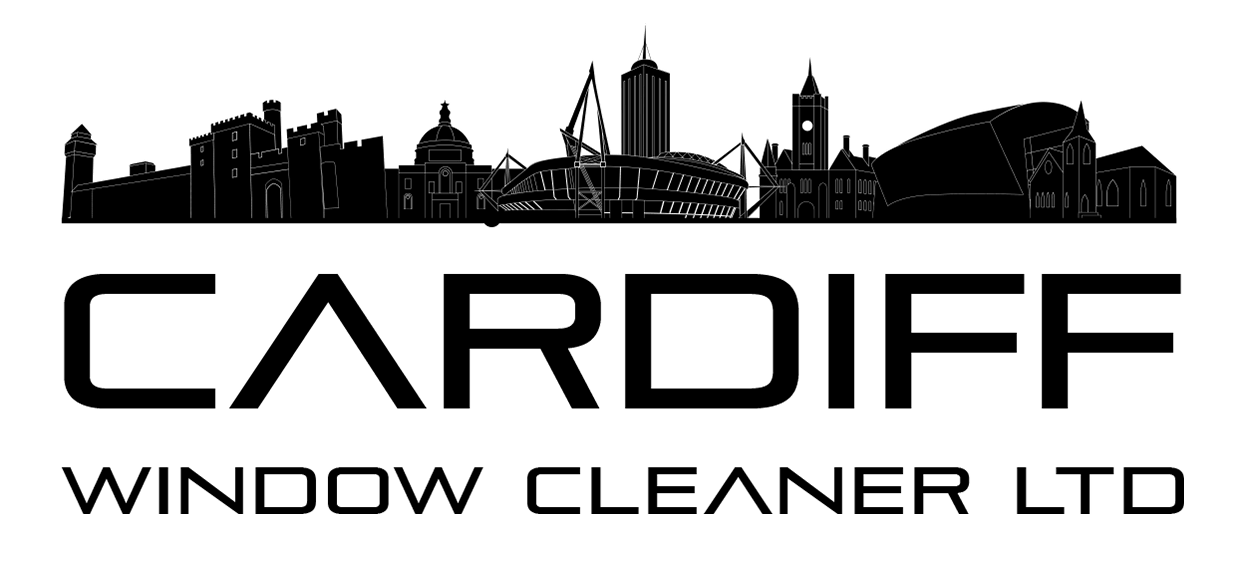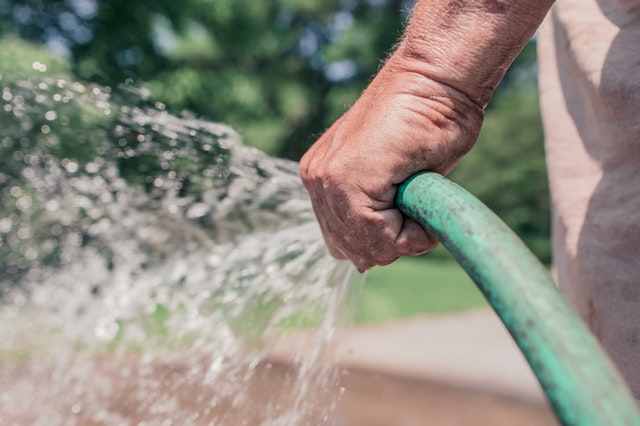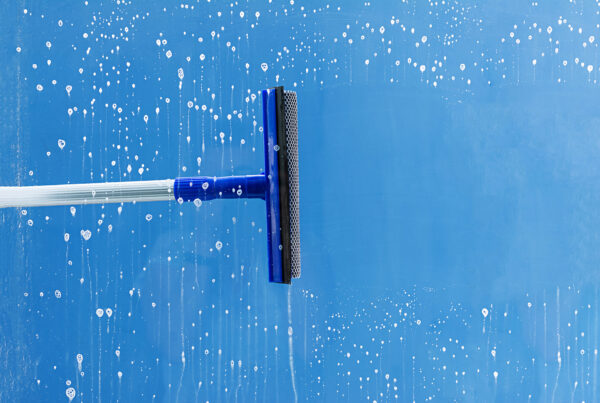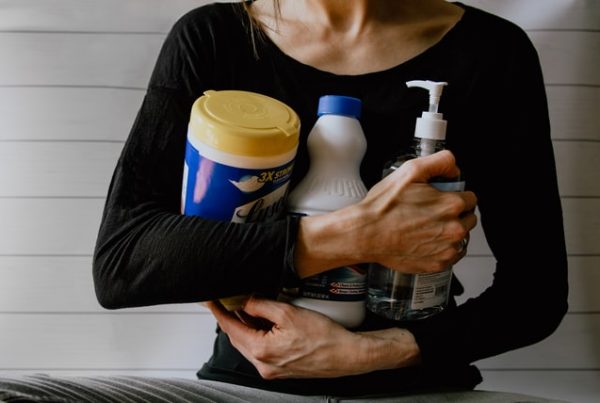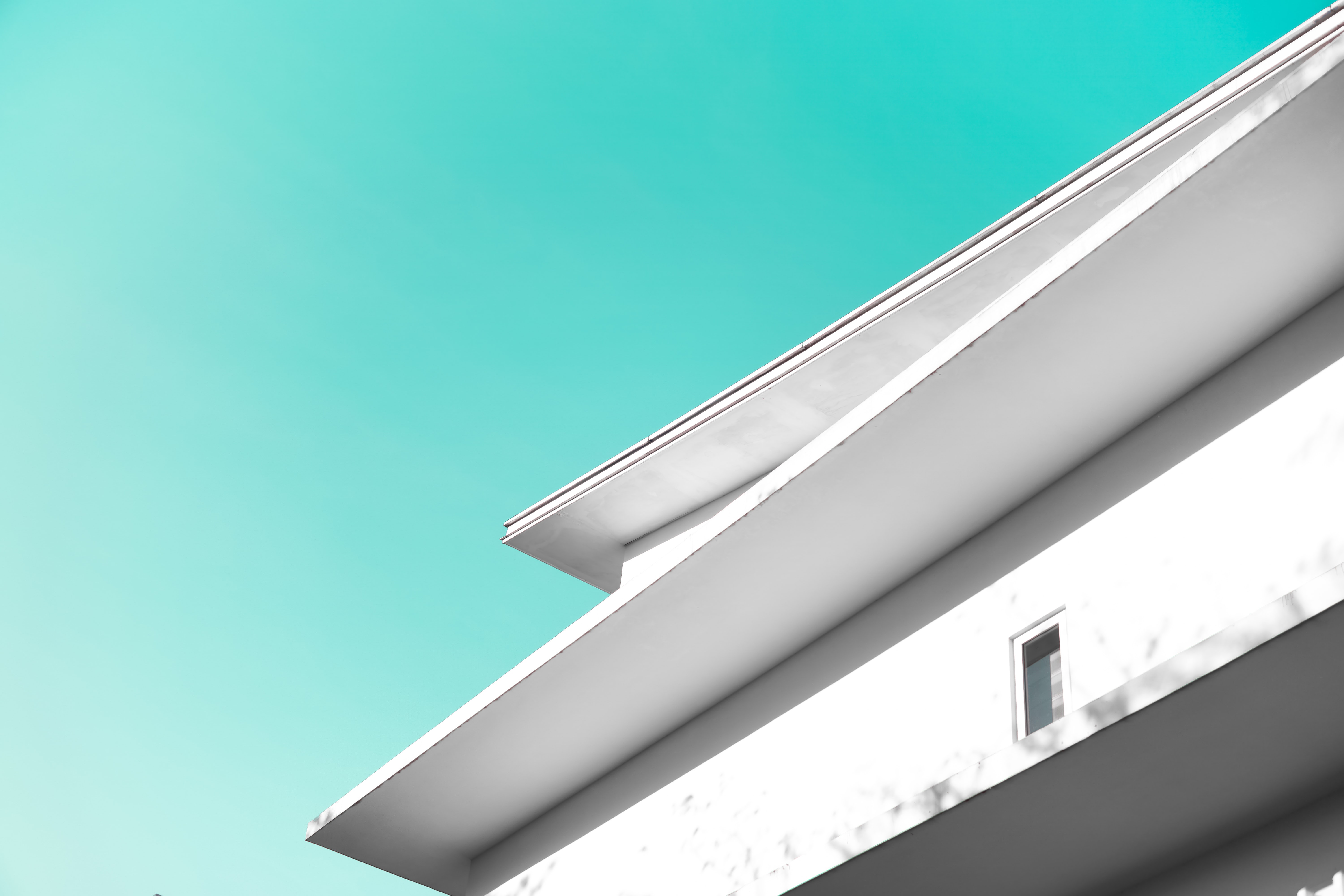Pressure Wash
Pressure washing is a cleaning technique that uses high-pressure water spray to loosen and remove build ups of grime, dust, mud, paint, mold or any other dirt on hard surfaces.
It is an aggressive cleaning method that for some applications uses hot water as well as high pressure. Pressure washing is often used in commercial environments and is suitable for cleaning driveways, concrete, cement, some types of render and stone walls.
Pressure washing is sometimes used in domestic environment; however, it should be done with caution as the power of the stream is strong enough to cause serious injuries. If you are pressure washing at home never attempt to check the strength of the pressure with parts of your body.
Pressure washing requires certain skills to prevent damage to any given surface as it may strip off the material or in some case crack a surface. Our top tips for DIY pressure washing are:
- Keep appropriate distance from objects depending on the materials they are made from and the density
- Read the manual to your pressure washer before starting cleaning
- Choose the correct pressure for each object
- Choose the correct nozzle extension
- Test your pressure settings and its effectiveness in an unnoticeable area first or an area/part that you can easily be replaced afterwards if ruined
- Use chemicals with caution as they may kill your plants and can be carcinogenic
- Keep your pets and fingers away from the nozzle
Pressure washing produces highly satisfying results on patios, block paving, brick work, decking, stone walls, concrete renders and other types of masonry.
Soft Washing
Soft washing is a cleaning method that uses a lower intensity and relies on an appropriate cocktail of chemicals to break down the dirt. With soft washing there is no risk of stripping the given surface due to the low pressure needed. Wide tip nozzles are normally used and biodegradable cleaning solutions are used to break down dirt, algae, mold and grime chemically. These chemicals not only clean and sanitise the surface but also kill the spores and treat unwanted biological growth and fungus, moss, algae, lichen, pollen, mold and other forms of embedded growth that can appear on an exterior surface.
Soft washing should be used on surfaces that are difficult to clean and that can be damaged during normal pressure washing. Roof soft washing is one of the most demanded services in cleaning industry. Although soft washing is most commonly used for roof cleaning, the method is also used to clean cladding, wooden panelling, K-rend, render, block paved driveways, decking, tarmac, play grounds, fences and patios. Almost all exterior surfaces can effectively be cleaned by this method.
Soft wash kills the organic growth instead of just blasting it off therefore keeping the surfaces clean for longer.
Compare softwashing to how you would clean your dishes. In order to leave your dishes clean you would need to use a detergent to scrub and disturb the dirt which would cut through the grime and break down any deposits of grease. If you were to use just water, you wouldn’t quickly and effectively remove any grease and food deposits.
Pressure washing does indeed remove surface dirt but if you’ve also ever cleaned your car by hand you would soon realise that pressure washing alone doesn’t remove all the dirt. The dirt need to be agitated or disturbed and a wash and wax in the case of your vehicle would be essential for cutting through there grime to expose the finished surface and break down any deposits. Water alone doesn’t effectively clean no matter how high the pressure.
Softwashing vs Pressure Washing Summary
All in all, consider the following factors when choosing what type of cleaning to pick:
Pressure washing
- Can be done professionally or DIY
- Can be used only on tough surfaces, as even wood can be damaged
- Requires skill to ensure surface isn’t stripped
- Can be used without chemicals.
- If used with chemicals, they can be dangerous to plants
- Safest when used at ground level
- Best when surface is heavily soiled. Softwashing recommended after.
Soft washing
- You need a professional to carry out the cleaning
- Suitable for most surfaces
- Uses less water
- Little or no noise pollution
- Kills growth and spores left by pressure washing
- Doesn’t damage surface being cleaned.
- Used with biodegradable chemicals.
- Longer lasting results.
- Areas for cleaning can be located high up so no access issues.
